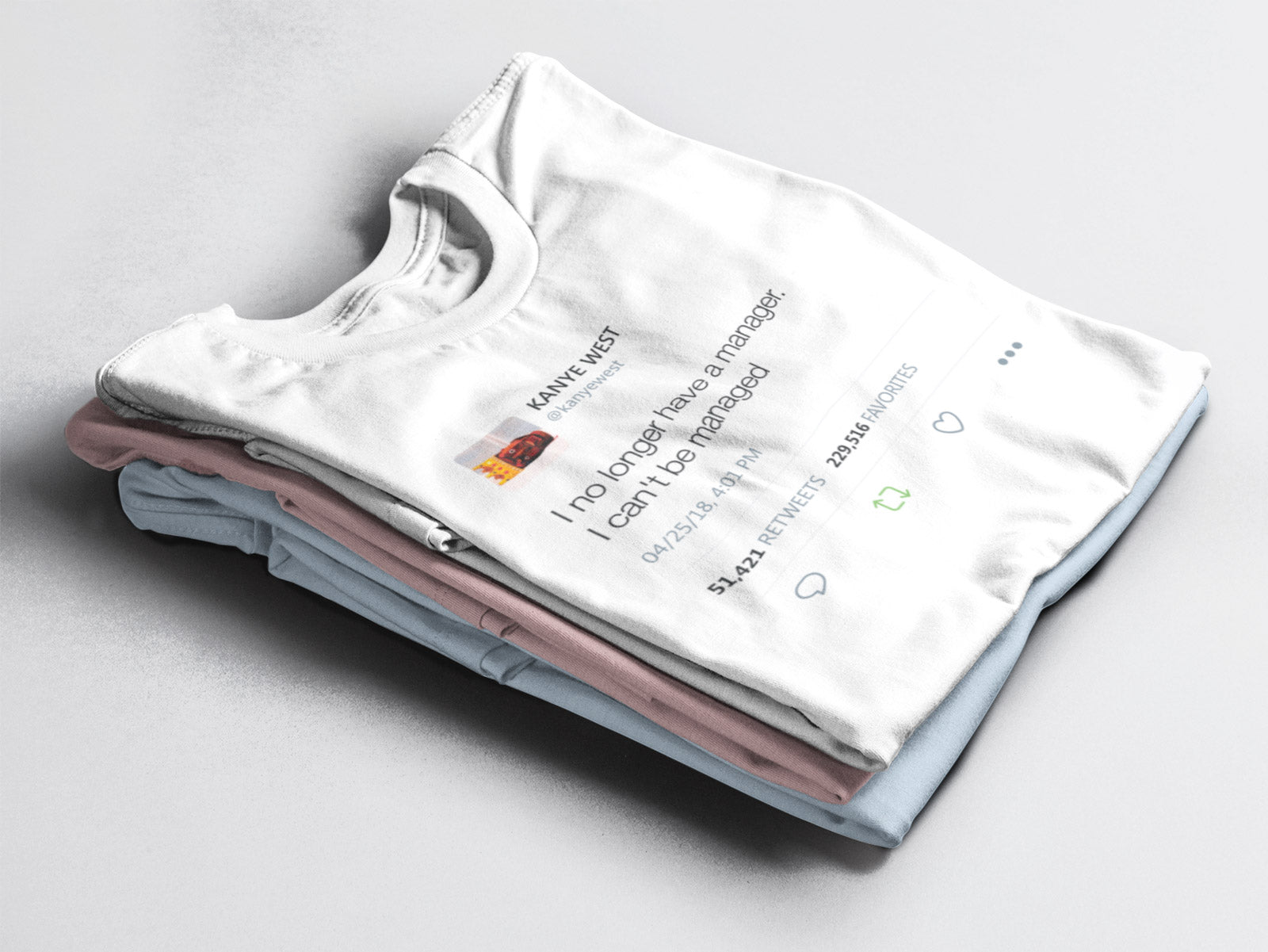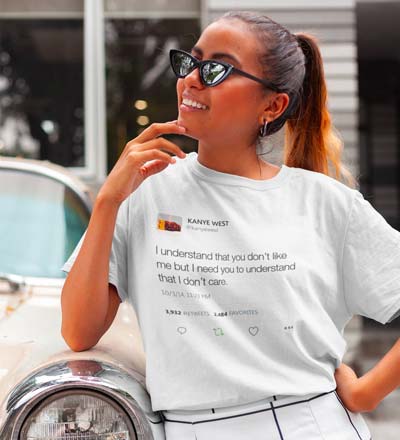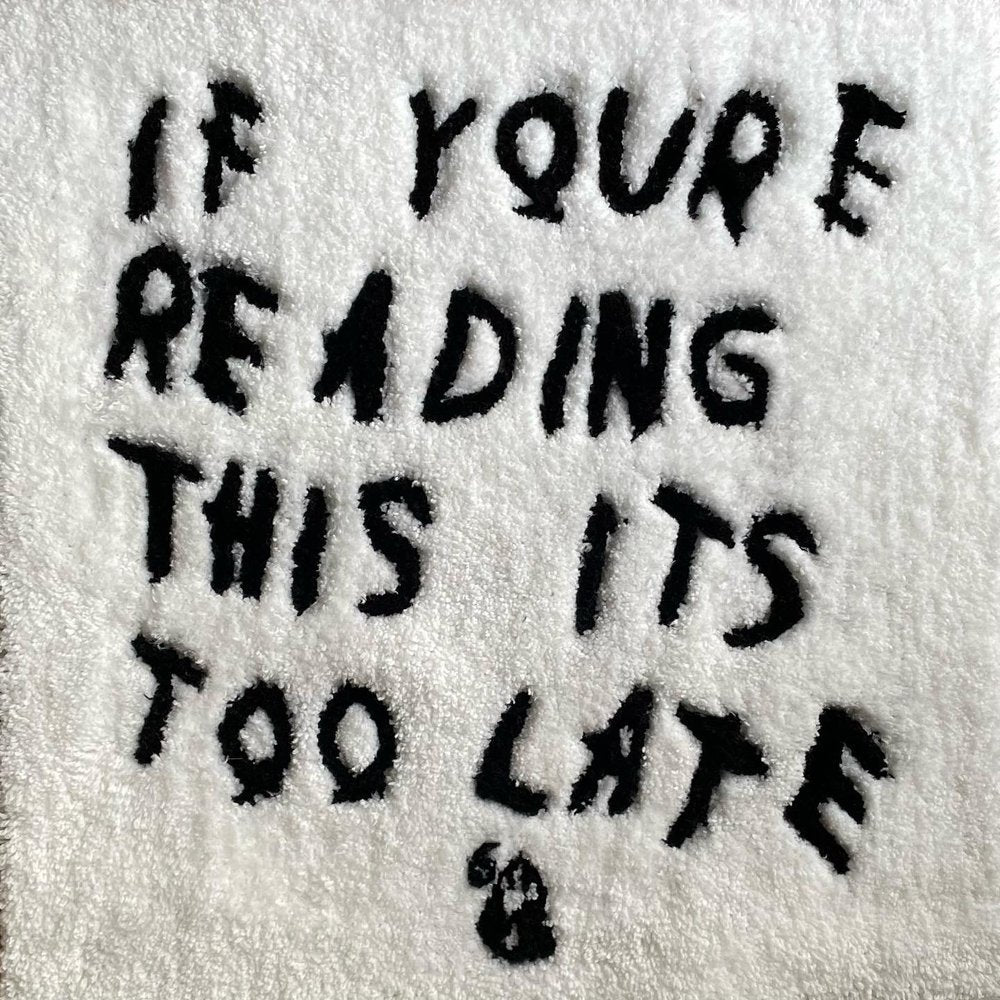From the streets of New York to the runways of Paris, the influence of hip hop on fashion is undeniable. This genre, born in the late '70s and early '80s, has not only shaped music but has also left an indelible mark on the fashion industry.
Hip hop culture emerged as a profound force in pop culture, with its influence permeating street culture and fashion trends. Its birthplace, New York City, saw the rise of b-boy culture, which dominated hip hop fashion. Breakdancers and hip hop artists popularized tracksuits, chains, and Kangol hats, creating a vibrant street fashion culture that continues to inspire today's trends.

As hip hop evolved, so did its influence on fashion. The '80s saw the rise of groups like N.W.A. and Public Enemy, who established their unique style through specific colors and pieces. This era saw the prominence of military jackets, baseball hats, and large jewelry in music videos, making these styles synonymous with the music of the time.

The late '90s saw a shift towards baggier, less-designer hip hop fashions. These styles were seen as a sign of rebellion against societal structures. This period was characterized by baggy jeans, baseball caps, and jerseys, with artists like Wu-Tang Clan and Snoop Dogg adopting this style.

One of the first successful Black-owned hip hop brands was Cross Colours, founded by Carl Jones. He started this brand when he noticed young men wearing jeans multiple sizes too large. His designs were in high demand among costume designers for television shows such as “Fresh Prince of Bel-Air” and “In Living Color”.

Fast forward to the 2000s, artists like Eminem, 50 Cent, and Lil Wayne replaced large gold jewelry with tattoos and grillz. Headwear such as trucker hats and bandanas became popular, and continue to be popular today.

Today, luxury brands are emulating streetwear aesthetics in their designs. Hoodies, sneakers, sweatpants, and chains – all of which originated in hip hop’s street fashion – have been seen all over the runway in recent years. Hip hop and the fashion world have reversed roles, with hip hop evolving from a counterculture to its own distinct influential identity.
In conclusion, the influence of hip hop on fashion is a testament to its power and reach. It has transformed the way we dress and express ourselves, and its impact continues to be felt in every corner of the fashion industry. As we continue to see the evolution of fashion, one thing is clear: the beat of hip hop will always be at its heart.
Hip hop culture emerged as a profound force in pop culture, with its influence permeating street culture and fashion trends. Its birthplace, New York City, saw the rise of b-boy culture, which dominated hip hop fashion. Breakdancers and hip hop artists popularized tracksuits, chains, and Kangol hats, creating a vibrant street fashion culture that continues to inspire today's trends.

As hip hop evolved, so did its influence on fashion. The '80s saw the rise of groups like N.W.A. and Public Enemy, who established their unique style through specific colors and pieces. This era saw the prominence of military jackets, baseball hats, and large jewelry in music videos, making these styles synonymous with the music of the time.

The late '90s saw a shift towards baggier, less-designer hip hop fashions. These styles were seen as a sign of rebellion against societal structures. This period was characterized by baggy jeans, baseball caps, and jerseys, with artists like Wu-Tang Clan and Snoop Dogg adopting this style.

One of the first successful Black-owned hip hop brands was Cross Colours, founded by Carl Jones. He started this brand when he noticed young men wearing jeans multiple sizes too large. His designs were in high demand among costume designers for television shows such as “Fresh Prince of Bel-Air” and “In Living Color”.

Fast forward to the 2000s, artists like Eminem, 50 Cent, and Lil Wayne replaced large gold jewelry with tattoos and grillz. Headwear such as trucker hats and bandanas became popular, and continue to be popular today.

Today, luxury brands are emulating streetwear aesthetics in their designs. Hoodies, sneakers, sweatpants, and chains – all of which originated in hip hop’s street fashion – have been seen all over the runway in recent years. Hip hop and the fashion world have reversed roles, with hip hop evolving from a counterculture to its own distinct influential identity.
In conclusion, the influence of hip hop on fashion is a testament to its power and reach. It has transformed the way we dress and express ourselves, and its impact continues to be felt in every corner of the fashion industry. As we continue to see the evolution of fashion, one thing is clear: the beat of hip hop will always be at its heart.







Leave a comment
All comments are moderated before being published.
This site is protected by hCaptcha and the hCaptcha Privacy Policy and Terms of Service apply.